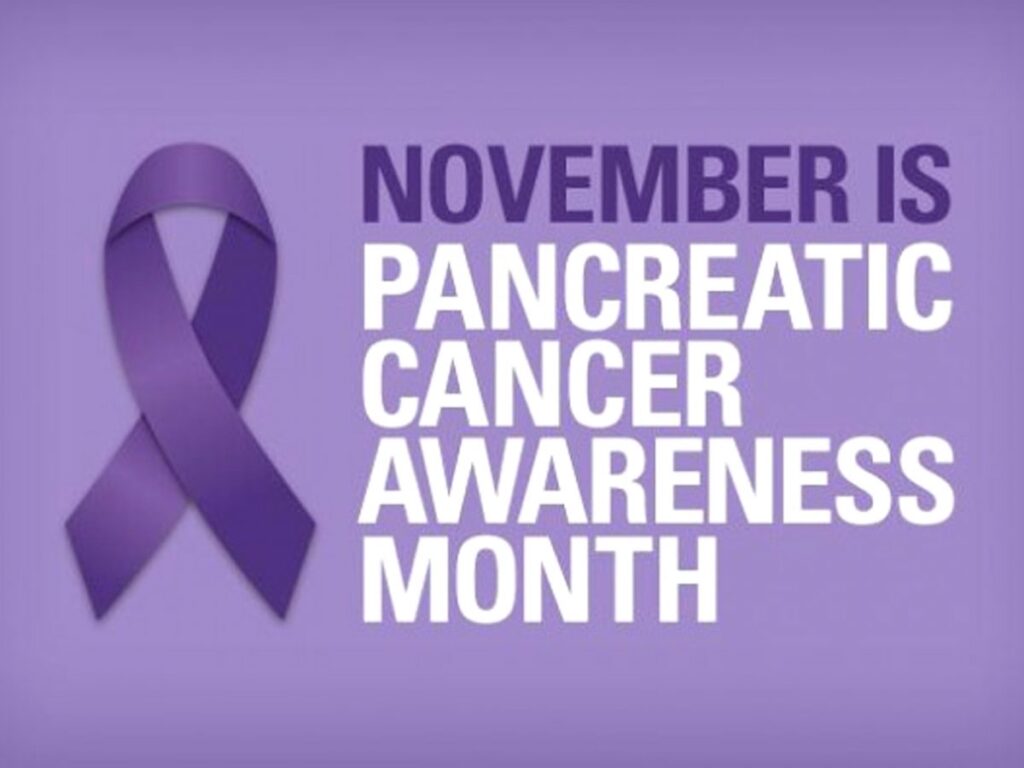
Pancreatic cancer, often referred to as the silent killer, remains one of the most formidable challenges in the realm of oncology. With its insidious nature and alarming mortality rates, it demands urgent attention and efforts from both the medical community and the public.
In a significant move towards this, HR 8061 has been introduced, designating November as “Pancreatic Cancer Awareness Month” in the state of Florida.
Pancreatic cancer stands out with its grim statistics, holding the highest mortality rate among major cancers. In the United States, it ranks as the third-leading cause of cancer-related deaths. Despite its prevalence and severity, awareness about pancreatic cancer remains relatively low compared to other forms of cancer.
This lack of awareness often leads to late-stage diagnoses, significantly reducing treatment options and survival rates.
The significance of designating November as pancreatic cancer awareness month cannot be overstated. It serves as a vital platform to educate the public about the warning signs of pancreatic cancer, encourages early detection, and advocates for increased funding for research. Throughout the month, various organizations across the nation host events and adorn purple ribbons, symbolizing solidarity in the fight against pancreatic cancer.
According to UF Radiation Oncology College of Medicine, the latest available data, in 2023 approximately 64,050 individuals received a pancreatic cancer diagnosis in the United States. Among them, 4,800 were residents of Florida.
These numbers underscore the urgency of raising awareness and investing in research to combat this disease effectively.
One alarming trend that has emerged in recent years is the increasing number of pancreatic cancer among younger women, particularly Black women. This demographic shift highlights the complex interplay of genetic, environmental, and socioeconomic factors contributing to the disease’s prevalence. Addressing these disparities requires a multifaceted approach, including targeted awareness campaigns and improved access to healthcare services.
Beyond the statistics lie the stories of individuals and families grappling with the impact of pancreatic cancer. Patients courageously battling the disease, survivors embracing life after treatment, and loved ones mourning the loss of their dear ones — all are part of the pancreatic cancer community. Their resilience, strength and unwavering spirit serve as a reminder of the human toll exacted by this disease.
In light of HR 8061, the designation of November as Pancreatic Cancer Awareness Month acknowledges and honors these individuals and their collective journey. It is a testament to their fortitude and determination in the face of adversity. However, it underscores the commitment of legislators and policymakers to prioritize the fight against pancreatic cancer and improve outcomes for affected individuals.
Raising awareness about pancreatic cancer is not merely a symbolic gesture; it is a call to action. It urges individuals to familiarize themselves with the symptoms of the disease, such as abdominal pain, jaundice, unexplained weight loss, and digestive issues, and seek medical attention promptly if any concerns arise. Early detection remains pivotal in improving survival rates and enabling more effective treatment strategies.
To further emphasize the importance of early detection, individuals are encouraged to undergo screening for pancreatic cancer, particularly those at higher risk due to factors such as family history or certain genetic tendencies. Consulting with a healthcare provider and discussing personalized screening options can help individuals make informed decisions about their health.